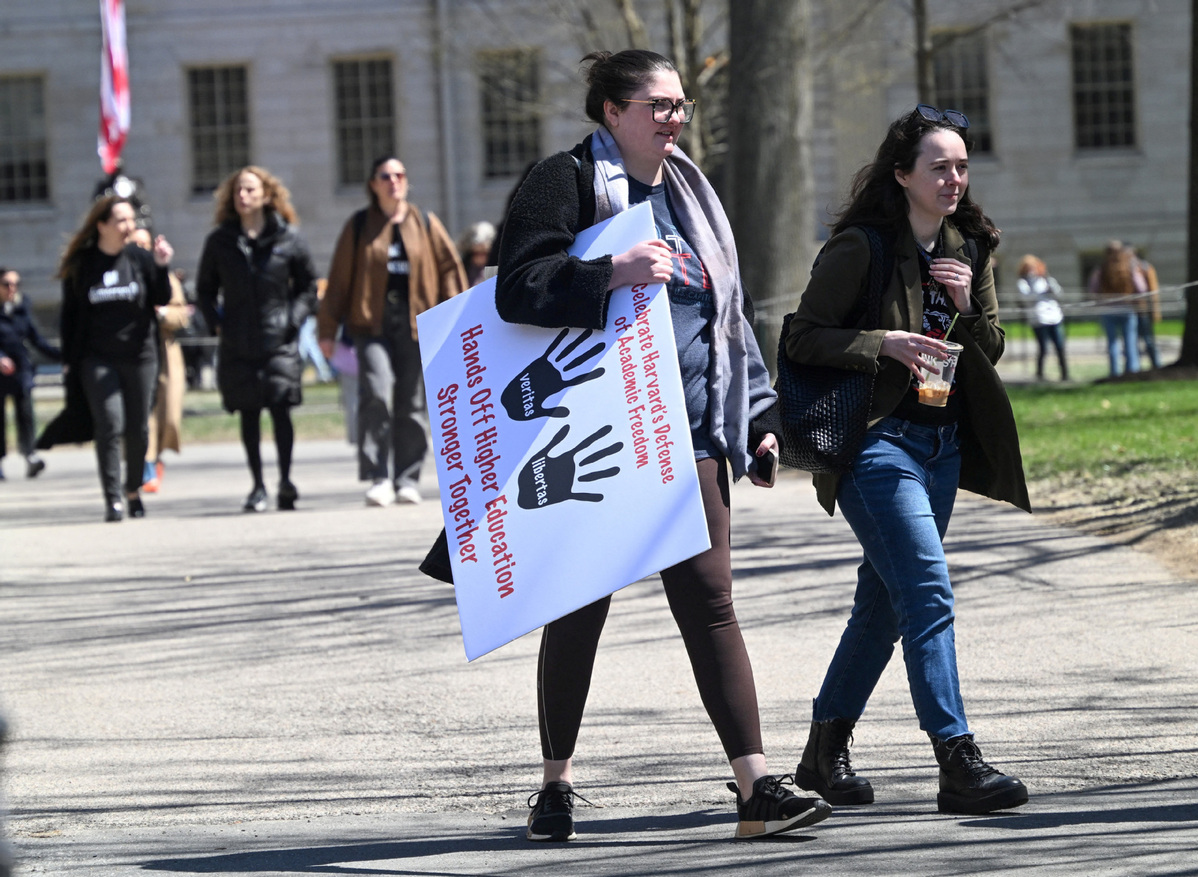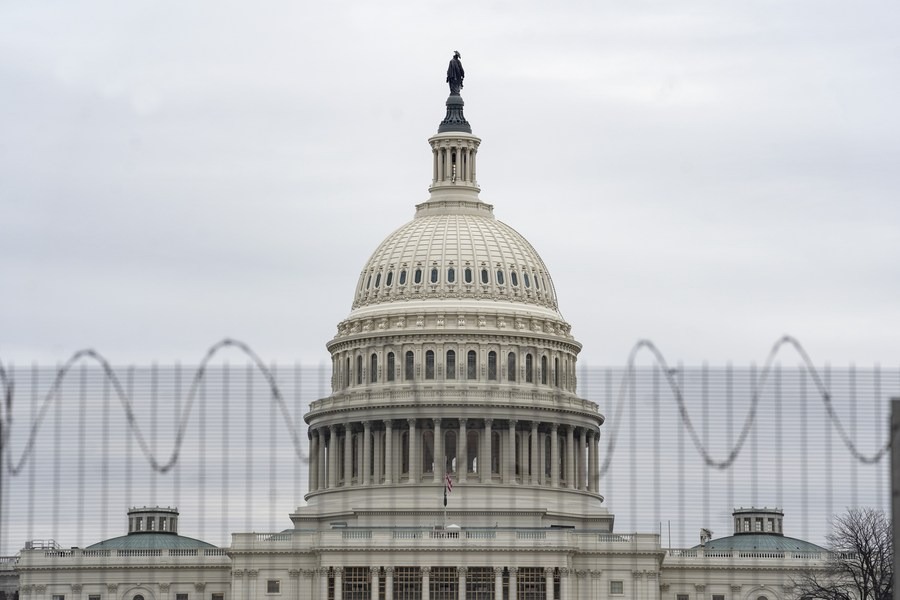Harvard, White House showdown portends ill for academics there


The world is looking at how the high-stakes showdown between Harvard University and the White House will end because this is not just a fight between a university and the US government. How the row concludes will determine whether universities in the United States will still have academic freedom and the autonomy they enjoy.
It is beyond the comprehension of many how far the US administration has gone in making sweeping demands — such as putting an end to all diversity, equity and inclusive programs and initiatives, and restricting acceptance of international students who are "hostile to the American values and institutions".
Were it just about the failure to adequately combat anti-Semitism on its campus, Harvard might choose to give in to the White House, which threatens to cut federal funding to the university. The White House is still withholding $400 million in federal funds to Columbia University although the university has yielded to a series of sweeping demands made by the US administration in an effort to restore the halted funding.
After it was established in February, the US administration's new Federal Task Force to Combat Anti-Semitism announced that it would be visiting 10 universities, including Harvard, in an effort to "eradicate anti-Semitic harassment" in schools.
However, the demands the task force has set for Harvard suggest the White House intends to have an absolute say over how US universities are run.
Last week, the US administration accused Harvard — in yet another letter to the school — of failing to report to the federal government about large foreign donations, as is required by law. Harvard has been asked to provide the names of foreign donors, including records of communication with all of them from the beginning of 2020, and records pertaining to foreigners who spent time at Harvard; the latter must include names of students Harvard expelled or those who had their credentials canceled, going back to 2016.
Harvard released a statement last week publicly rejecting the demands. The statement goes: "The University will not surrender its independence or relinquish its constitutional rights. No government — regardless of which party is in power — should dictate what private universities can teach, whom they can admit and hire, and which areas of study and inquiry they can pursue."
Will other universities close ranks with Harvard to stand up to the demands of the US administration? It is really hard to say. Some universities may have to give in to the White House because of the financial pressure. Harvard may eventually reach a deal with the White House when both sides make concessions somewhere.
Whatever the outcome, institutions of higher learning in the US will suffer considerably both academically and financially. The number of international students will undoubtedly shrink considerably in a couple of years. Data show that international students at colleges and universities in the United States contributed $43.8 billion to the US economy in academic year 2023-24 and supported over 378,000 jobs.
In terms of academics, an increasing number of professors and researchers will choose to work in other countries if possible as the increasingly tightened control of universities in the US will limit academic freedom in US institutions of higher learning.
In addition, the chances of the US attracting talented students and researchers from around the world will dwindle considerably.
This may be a good chance for institutions of higher learning in other countries such as in Europe and in Asia to attract talented professors and researchers as well as admit as many international students as possible to not only increase their revenue, but also advance their academic research.

































